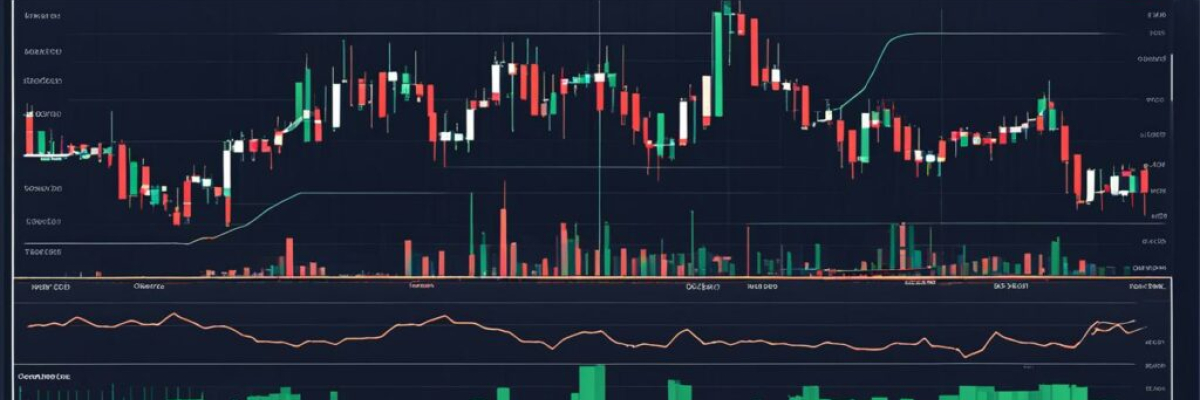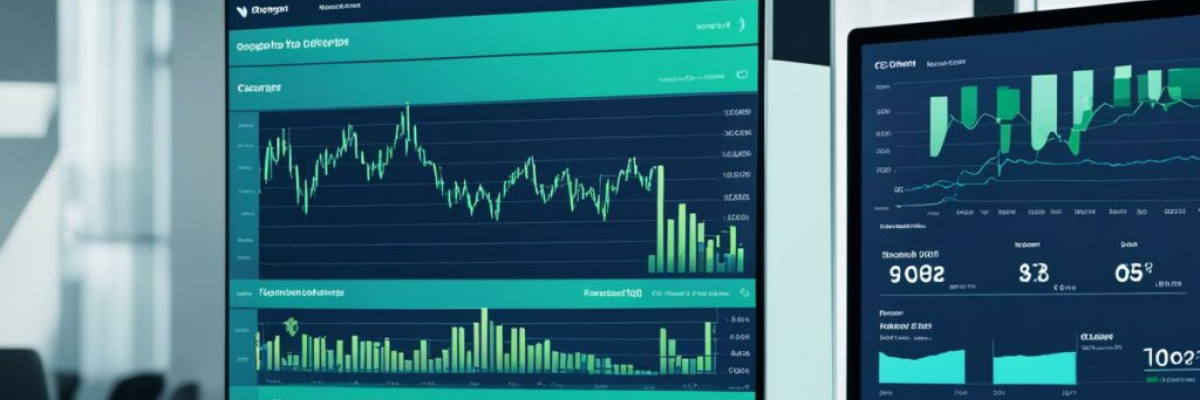Digital Yuan Being Scouted for Trade Settlement in Commodities and Services
In an effort to streamline cross-border transactions and circumnavigate expensive payment systems, the People’s Bank of China (PBOC) considers integrating the usage of its digital currency in Hong Kong. The aforesaid designation was disclosed by Mr Di Gang, who serves as the deputy director-general of PBOC’s Digital Currency Institute, at a prominent financial event in Asia known as the Hong Kong Fintech Week.
The potential of utilizing the digital yuan to facilitate transactions in goods and services with Hong Kong was emphasized. According to Mr Di, this integration would prove beneficial to companies struggling with the high costs and inefficiencies of the traditionally used payment methods. Here, the digital yuan showcases its strengths, being fast and efficient when compared to its cumbersome counterparts.
Broader Application
The move to champion the digital yuan as a payment instrument globally by the PBOC doesn’t just encompass transactions pertaining to services. The scope of commodities is inclusive in the plan too, and oil transactions have had a central focus. Petrochina, a leading oil firm in Asia, successfully executed the purchase of one million barrels of crude oil using digital yuan in October. The Shanghai Oil and Gas Trading Centre played its part by serving as an intermediate.
Apart from that, the Shanghai Clearing House, one of the top-tier securities settlement providers announced its support for digital yuan settlements in June. To encourage usage, zero trading fees were offered for transactions that involved bulk commodities.
Bypassing economic sanctions has also proven to be a compelling vantage of the digital yuan. Traditional settlement channels, which are heavily influenced by sanctions, could be avoided with the use of this digital currency. The ‘Mbridge project’, a platform based on Central Bank Digital Currency (CBDC) that aims at merging the economies of countries such as China, Thailand, and UAE, is an opportune example. Despite its testing stages, the platform hopes to cater to a market trading in excess of $500 billion.
What is your take on the potential use of the digital yuan to address trade between Hong Kong and China in commodities? Feel free to share your thoughts in the comments section below.

Frequently asked Questions
1. What is the Digital Yuan and how does it relate to commodities settlement?
The Digital Yuan is a digital currency issued by the People’s Bank of China, representing a digital version of the physical currency. In the context of commodities settlement, the Digital Yuan facilitates transactions and payments for commodities using a digital platform, allowing for faster and more efficient settlement processes.
2. What benefits does the Digital Yuan offer for commodities settlement?
The Digital Yuan brings several benefits to commodities settlement. Firstly, it reduces transaction costs by eliminating the need for intermediaries and streamlining the settlement process. Secondly, it enables real-time tracking and auditing of transactions, enhancing transparency and reducing the risk of fraud. Lastly, it allows for cross-border transactions without the need for traditional currencies, simplifying international commodities trade.
3. How does the adoption of the Digital Yuan impact China’s commodities market?
The adoption of the Digital Yuan in commodities settlement has a significant impact on China’s commodities market. It promotes the digitization of transactions, making it more convenient and accessible for market participants. Additionally, it enhances market efficiency by reducing settlement times and costs, ultimately boosting liquidity and attracting more participants to the market.
4. Are there any challenges or risks associated with using the Digital Yuan for commodities settlement?
While the Digital Yuan offers numerous advantages, there are also challenges and risks to consider. One challenge is ensuring the security of digital transactions and protecting against cyber threats. Moreover, there may be regulatory and legal hurdles that need to be addressed to enable widespread adoption. Additionally, market participants need to adapt to the transition from traditional settlement processes to digital platforms.
5. How does the use of Digital Yuan affect global commodities trading?
The use of Digital Yuan in commodities settlement has the potential to impact global commodities trading. It introduces a new digital infrastructure that can facilitate cross-border transactions, potentially reducing dependence on traditional settlement currencies like the US dollar. This could lead to a shift in the balance of power in global commodities markets and impact existing trading dynamics.
6. Is the Digital Yuan only applicable to specific types of commodities?
No, the Digital Yuan can be used for settlement across various types of commodities. Whether it is energy, agricultural products, metals, or other goods, the Digital Yuan provides a digital platform for transactions and payments in any commodity market.
7. How does the adoption of the Digital Yuan fit into China’s broader digital revolution?
The adoption of the Digital Yuan for commodities settlement aligns with China’s broader digital revolution. It showcases China’s commitment to innovation and digitalization across various sectors, including finance and commerce. By leveraging digital technologies and cryptocurrencies, China aims to enhance efficiency, promote financial inclusion, and establish itself as a global leader in the digital economy.










